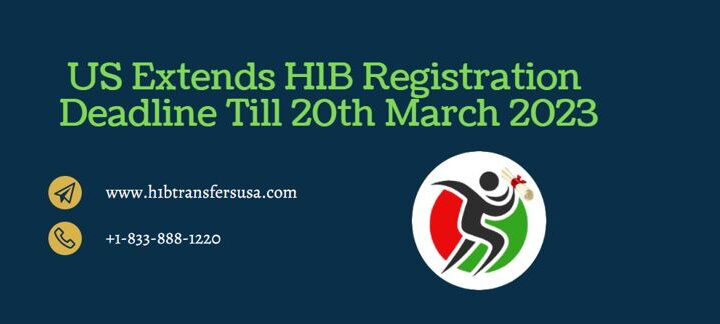Premium Processing Service Soon Available for EADs, H-4 Spouses
3 min read
On 30th September 2020, the President signed a bill that makes a few significant changes to premium processing. This service available for only certain immigration benefits applications where USCIS can assist the processing of the application for an extra fee. As of now, premium processing service is only accessible for certain employment-based nonimmigrant and immigrant applications. However, the bill will extend the utilization of premium processing to a bigger variety of immigration benefit types.
The bill, entitled The Continuing Appropriations Act, 2021, and Other Extensions Act, will subsidize the government through 11th December 2020. One significant aspect of this bill is its attempt to address the USCIS budget deficit, which will hopefully avoid any leaves or shutdowns before December. This will be finished by expanding premium processing eligibility and raising the premium processing fees for most applications.
Expanded Premium Processing Service & Eligibility
Premium processing permits eligible candidates to pay an extra fee (at present $1,440). To require USCIS to make a move on an application within 15 schedule days. This helps candidates to avoid considerable processing delays. But until now, has only been available to a small set of employment-based immigration benefits. This new bill approves premium processing service to be given to the following new classes of applications and petitions, extending beyond just employment-based immigrants:
- Form I-539 applications filed by dependents in H-4, L-2, E-3D, E-2, O-3, P-4, R-2 status (by spouses and children of people in H-1B, L-1, E-3, E-2, O-1, P and R-1 status);
- Any other immigration benefit type deemed appropriate by the Secretary.
- Form I-140 petitions filed for the benefit of EB-1 Multinational Managers and Executives. Just as those filing for an EB-2 National Interest Waiver (NIW) for employment-based green cards;
- A Form I-539 applications filed for people looking to change status to F or M (student) status or J (cultural and educational exchange) status;
- Form I-765 applications for Employment Authorization Document (EAD) work authorization; and
Increases Premium Processing Fees:
While expanding the categories of immigration applications that can use premium processing service. Additionally, the bill expands the premium processing fee for each. The expense for premium processing for currently eligible benefits will rise from $1,440 to $2,500. Except for H-2B and R-1 petitions. For other cases that will get eligible for premium processing services, USCIS must implement new rules based on the below rules:
- EB-1 petitions for Multinational Managers and Executives or EB-2 NIW petitions. Fee can’t exceed $2,500 and processing time can’t exceed 45 days;
- Change of status requests for F, J, and M. Fee can’t exceed $1,750 and processing time can’t exceed than 30 days.
- Change of status requests for dependents looking for H-4, L-2, E-3D, E-2, O-3, P-4, R-2. The fee can’t exceed $1,750 and processing time can’t exceed 30 days.
- EAD applications: expense can’t exceed $1,500 and processing time can’t exceed 30 days.
[California Federal Judge Blocks USCIS Fee Increases]
The Impact of Expanded & Increased Premium Processing:
The potential effect of this change couldn’t be more important. Numerous applications or petitions take at least 6 months to approve. In the meantime, candidates may get themselves unable to work, unable to attend school, or unable to obtain a Social Security number or driver’s license, among other things. For instance, a person who filed for a change of status to F-1 student status usually waits at least 6 to 12 months on a decision, and the candidate is usually unable to go to school while waiting. Additionally, an application for an EAD work permit can frequently take 6-8 months, during which time the candidate can’t work.
On the other hand, while we invite the extension of premium processing to more immigration benefits. The considerable increment in the premium processing fee from $1440 to $2500 for the currently eligible benefits (for example E-1, E-2, H-1B, L-1, O-1, P-1, R-1, TN, EB-1. For people with extraordinary ability, EB-1 for outstanding professors and researchers, EB-2 and EB-3 experts) may essentially affect the bottom line of these foreign national employees and their U.S. employers.






